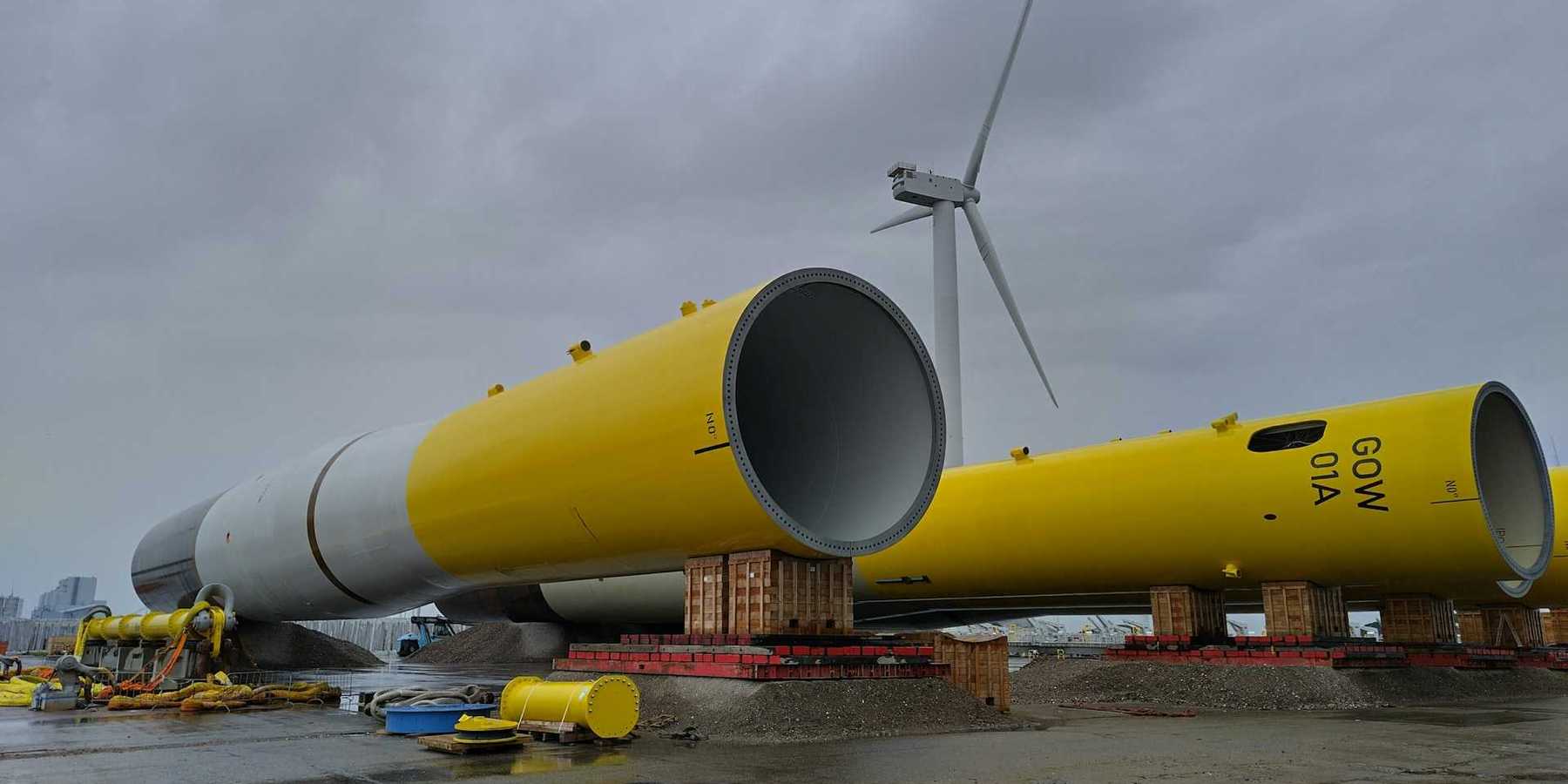Climate change is set to shrink crop yields in top farming nations, raising global hunger risks
Humanity’s most productive farmlands, including those in the U.S. Midwest, are likely to face sharp declines in food output due to climate change, threatening calorie availability worldwide.
In short:
- A new Nature study finds that global yields of six staple crops — including maize, wheat, and soybeans — could drop 11.2% by 2100 under a moderate warming scenario.
- These losses are expected to hit major agricultural regions the hardest, including rich farmlands in the U.S., not just poorer countries with marginal growing conditions.
- Climate change is already disrupting harvests through extreme weather, and while farmers are adapting, these efforts are unlikely to fully offset the damage.
Key quote:
“Looking at that 3 degrees centigrade warmer [than the year 2000] future corresponds to about a 13 percent loss in daily recommended per capita caloric consumption. That’s like everyone giving up breakfast … about 360 calories for each person, for each day.”
— Andrew Hultgren, agriculture researcher at the University of Illinois Urbana-Champaign
Why this matters:
Climate change is coming for the world’s food. And it’s not poor soil or weak farming practices that are most at risk, but the very breadbaskets that feed the world. With global crop exports concentrated in a few regions, disruptions in places like the U.S. Midwest or Ukraine ripple out to consumers and communities everywhere. Higher temperatures and erratic rainfall can stunt growth, shrink harvests, and alter nutritional content. Food production already contributes a third of the planet’s greenhouse gases, and rising prices hit the poor hardest. The same fields that gave the world cheap calories may now become a battleground in the climate crisis.
Related EHN coverage: Climate change will continue to widen gaps in food security, new study finds













